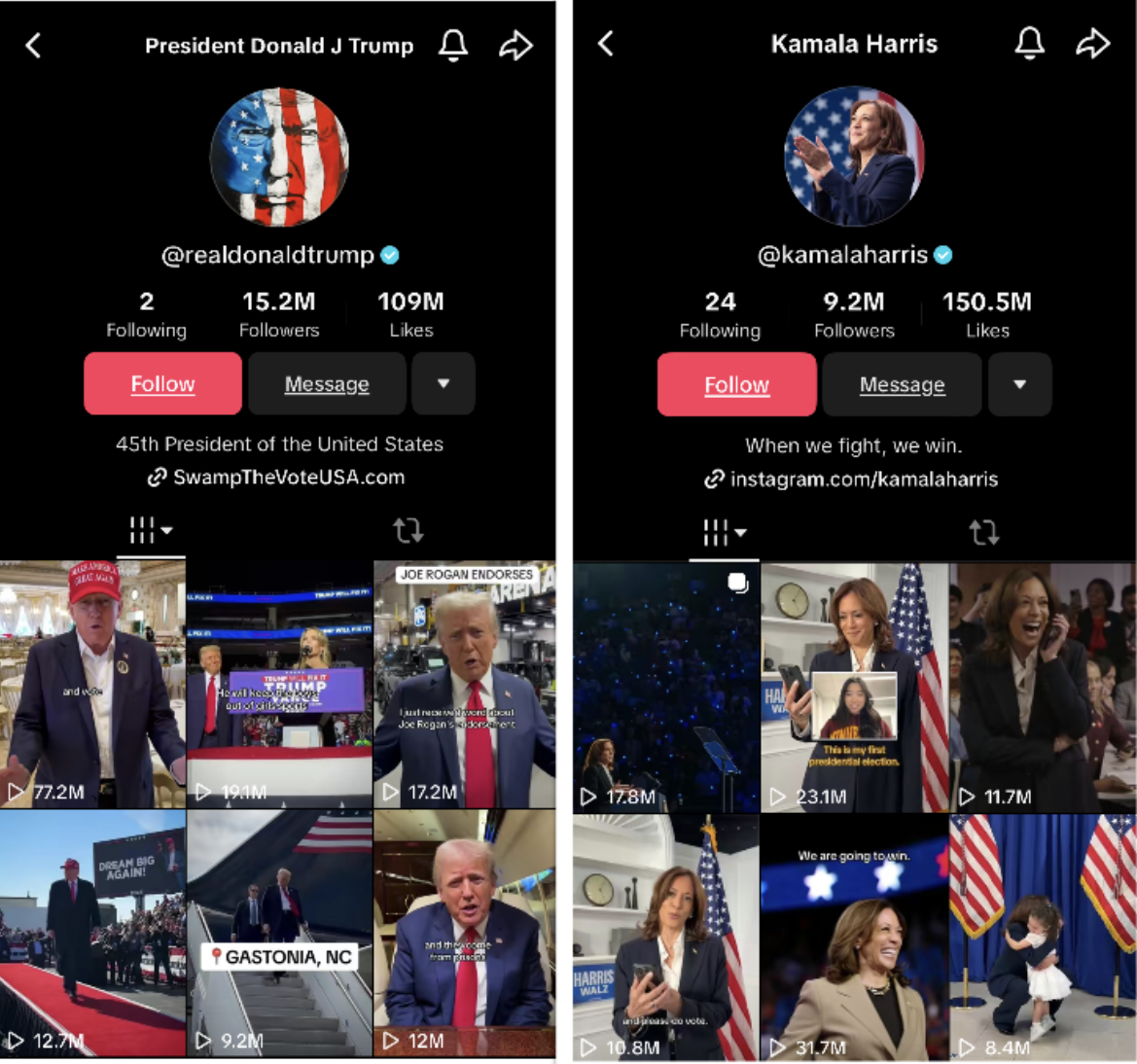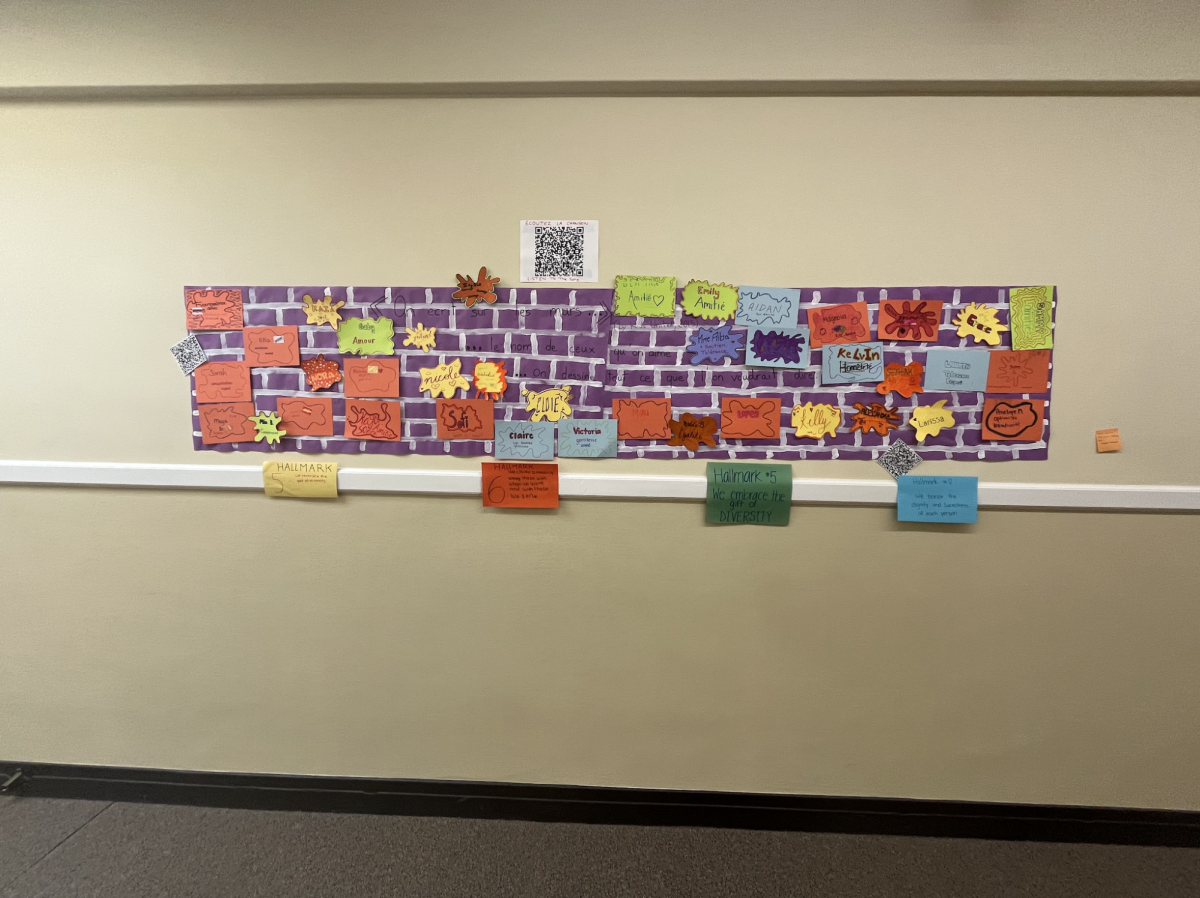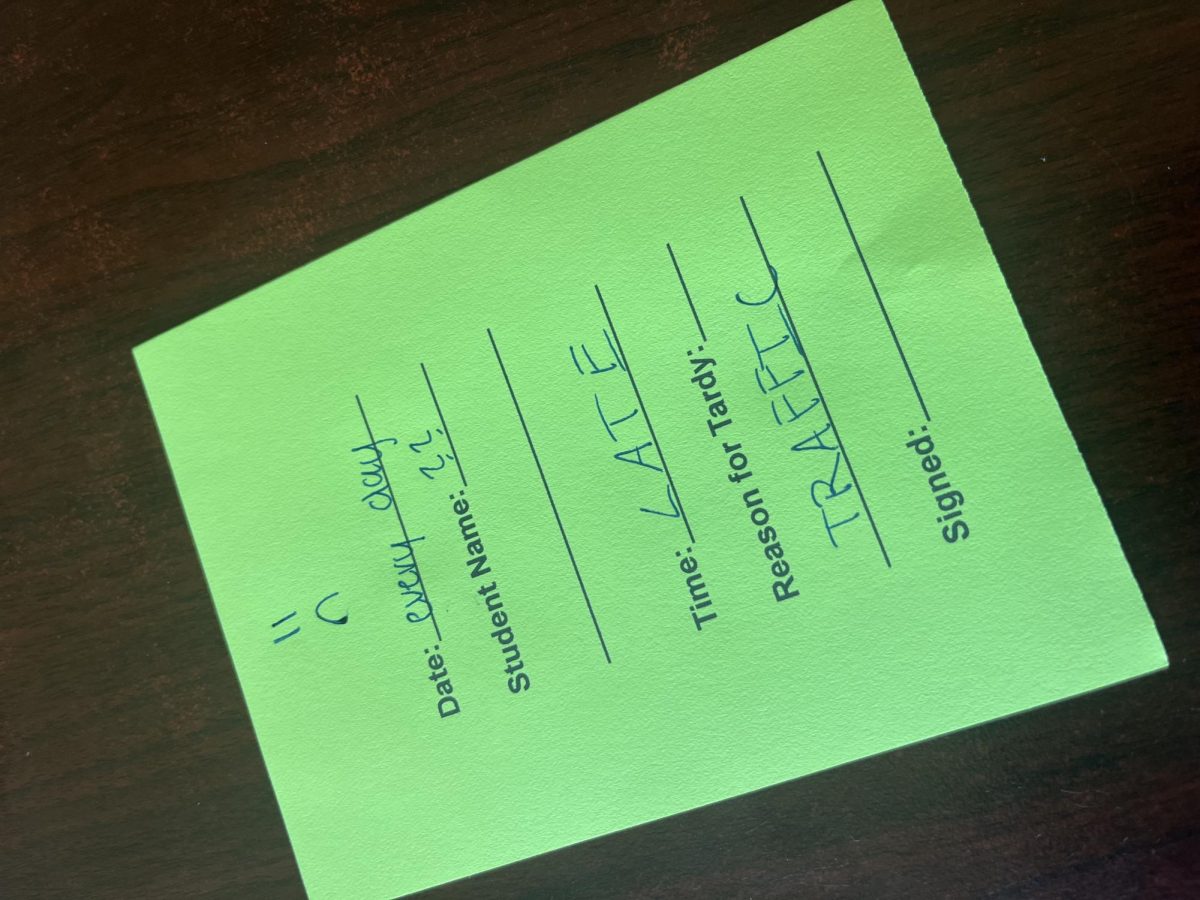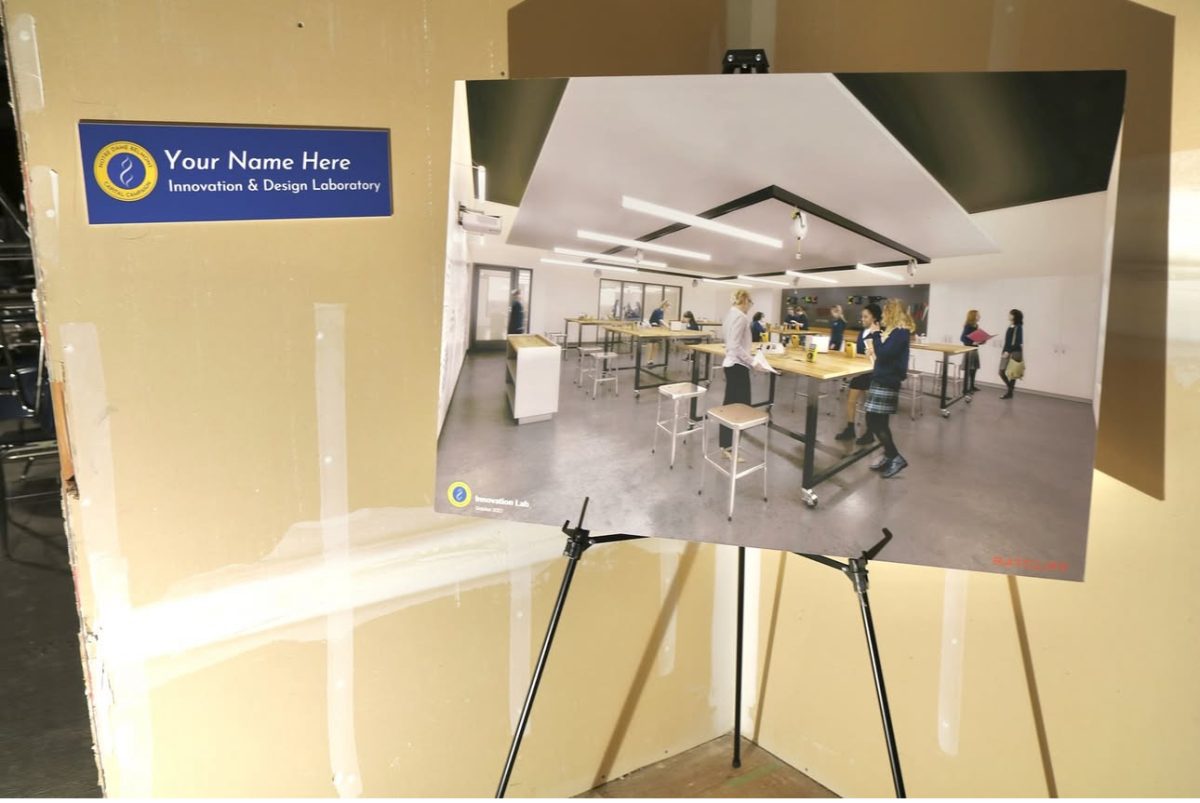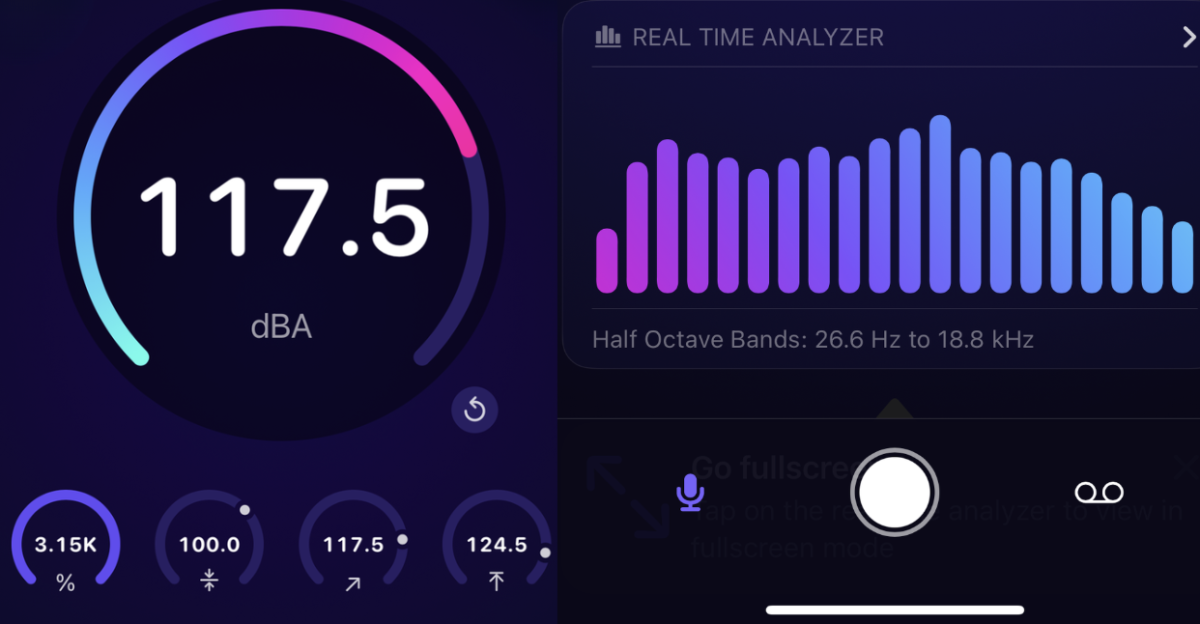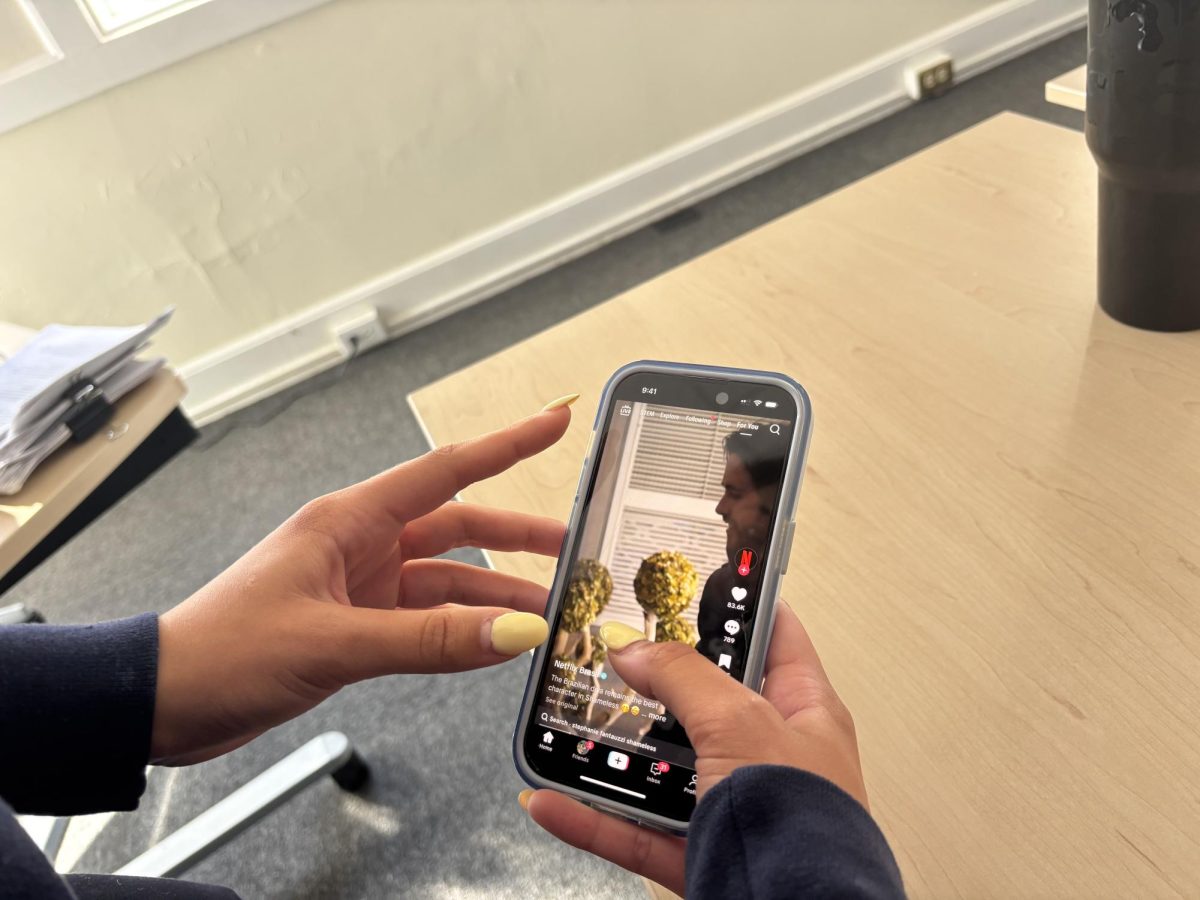In recent times, social media has earned a crucial role in political campaigns, especially targeting a younger voter demographic. In particular, both parties made extensive use of platforms like X and TikTok during the 2024 election with the goal of interacting with their supporters and gaining younger voters. This new adaptation of social media has completely shifted how politics are talked about and shared, creating both positive and negative effects.
On the positive side, social media has helped younger audiences to stay informed and up-to-date with politics. Having social media for campaigns allows younger audiences to understand exactly who and what they will be voting for. Social media also allows for an easy way to share information and beliefs with others. Rather than having face-to-face discussions, social media allows people to reach bigger audiences.
Another good thing that has come from social media is influence. Influence can be complex, it is easy for people to be influenced by unreliable sources. But specifically talking about how social media can be used to encourage those to vote. People with a large following can encourage people to vote and get their opinions out there. One great example of this is when singer Taylor Swift announced her endorsement and encouraged people to vote; 400,000 people went to register after viewing her post. That may not sound like a lot of people in comparison to the whole U.S. population, but it still is a big influence and just shows how social media can help urge people to vote. When there was talk of a TikTok ban, President Trump even stated that he wanted to keep TikTok around because he thought that it helped him gain voters.
Now, on the contrary to these positive aspects of social media, there is the problem of misinformation. This has been a huge issue in pop culture for a while now, but specifically, it is very present in the political atmosphere. Misinformation spreads rapidly, if not faster than facts, because, in some cases, the news is so unbelievable that it sparks. Fake news can cause skepticism and confusion among the public. This has happened immensely to both parties.
There has also been a rise of questionable posts from citizens who post about their political parties but with a more direct and diminishing approach. There are many people who express their beliefs by diminishing the other candidates and parties online.
There are many pros and cons of the presence of social media in the political sphere and it is important to do your own research and not rely on social media to determine who and what you believe in.

